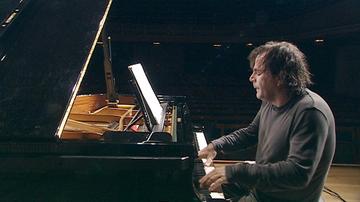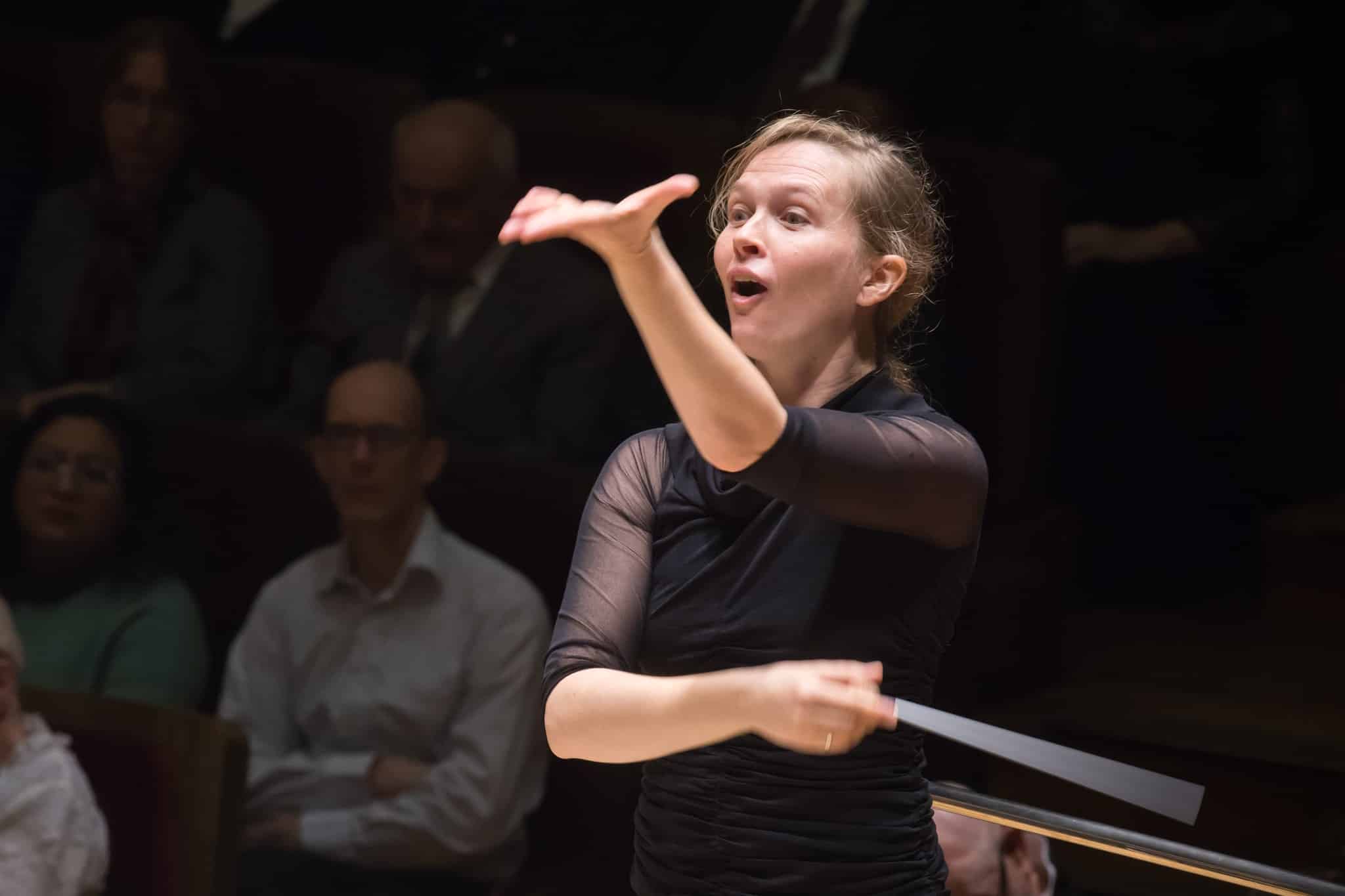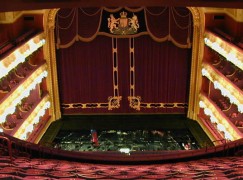That’s no way to treat a page turner at the Wigmore Hall
mainIt is reported that the pianist Markus Hinterhäuser lost his cool with a page-turner during a Wigmore Hall recital with the baritone Matthias Goerne.
According to Jenna Douglas on Schmopera:
Hinterhäuser stopped playing in the middle of the first song (Mahler’s “Der Tamboursg’sell”), visibly frustrated with his page-turner… Not only did Hinterhäuser make for an uneasy start to a recital, but he behaved in poor, selfish taste. Goerne seemed prepared to continue singing, even if Hinterhäuser needed to scramble to save the missed page-turn; yet this pianist decided to stop the whole thing entirely, draw attention to the human error that may have happened beside him, and force Goerne to restart.
These things happen, and Jenna’s right: artists need to get over it. Read on here.
(Hinterhäuser is, aside from his pianistic career, artistic director of the Salzburg Festival.)






Comments